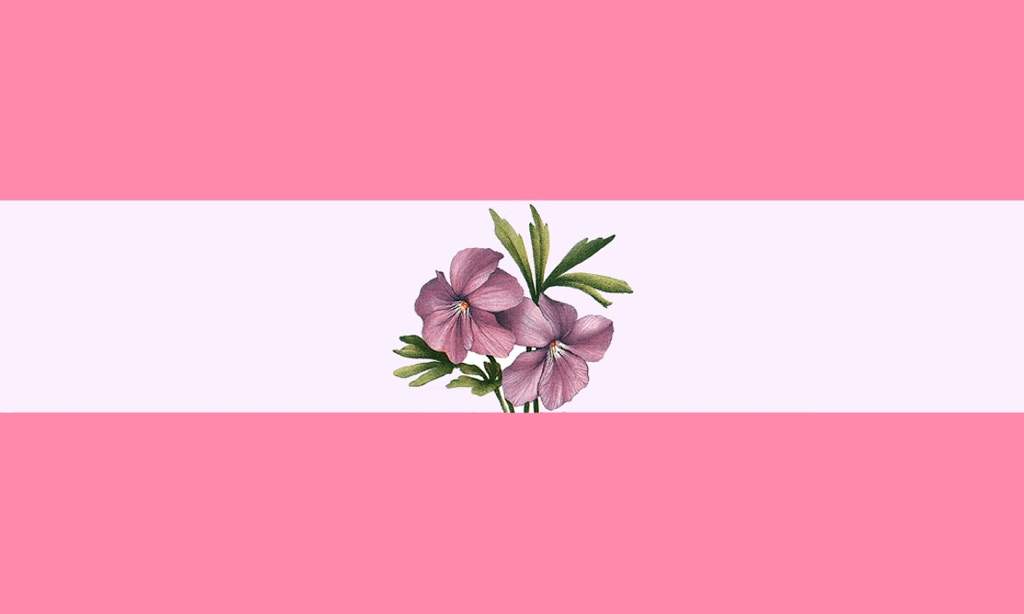It can be difficult to predict what you’ll be asked during your job interview, but as an artist, it doesn’t mean that you can prepare.
Whether you’re a graphic artist, illustrator, photographer, videographer, painter or web designer, you’ll find this article to be insightful and helpful. Below are some of the most common questions interviewers ask artists and how you can answer them.
Top 20 Interview Questions for Artists and How to Answer Them

Interviews are a crucial part of the hiring process, especially for artistic careers. Understanding common interview questions will help you prepare to speak with employers and condition your mind for success.
We will skip the basic self-introductory questions and jump to the questions unique to artists. Below are 20 interview questions targeted at artists and tips on how to answer them to increase your chances of getting hired.
- Can you walk us through your creative process?
This is a chance for you to showcase your unique approach to creating art and the steps you take in bringing a project to fruition.
- How do you handle criticism or negative feedback on your work?
Your response can demonstrate how you handle constructive criticism, as well as your ability to adapt and grow as an artist.
- How do you stay inspired and motivated in your work?
Your answer can outline things like creative practices, sources of inspiration, and the ways in which you push yourself to continue evolving as an artist.
- How do you handle project deadlines and time management?
This question can showcase your ability to prioritize and stay organized in a potentially fast-paced artistic environment.
- How do you handle the business side of being an artist (pricing, marketing, networking, etc.)?
Your response can demonstrate your understanding of the practical aspects of being a successful artist and running your own business.
- How do you balance your artistic style and the preferences/needs of a client or collaborator?
Your answer can showcase your ability to navigate compromises and find creative solutions, while still staying true to your own unique artistic style.
- Can you tell us about a particularly difficult project you’ve worked on, and what you learned from it?
This question gives you the opportunity to showcase problem-solving skills and your ability to handle challenges in a project.
- How do you stay current and informed on trends in your field?
Your answer can demonstrate your dedication to staying knowledgeable and up-to-date in the ever-changing world of art.
- Can you tell us about a successful collaboration you’ve had with another artist or client?
Your response can highlight your ability to work well with others and create successful partnerships.
- How do you handle rejection or not getting chosen for a project or opportunity?
Your answer can showcase resilience, determination, and a positive attitude in the face of disappointment.
- How do you handle conflicts or difficulties with clients or collaborators?
Your response can demonstrate your communication skills and ability to find solutions in difficult situations.
- Can you walk us through a project from start to finish?
This question gives you the opportunity to showcase your ability to see a project through from beginning to end, as well as your attention to detail and process.
- How do you handle creative blocks or moments of self-doubt?
Your answer can show your ability to overcome challenges and keep pushing forward in your artistic journey.
- Can you tell us about a project or piece of work that you’re particularly proud of?
This question allows you to highlight a specific accomplishment and the passion and dedication that went into creating it.
- What do you think sets artists apart from one another?
Your answer can showcase your understanding of the complexities and nuances within the art world and how artists can differentiate themselves.
- How do you approach the technicality of your work, both from yourself and others?
Your answer can demonstrate self-awareness and a dedication to growth and improvement as an artist.
- Can you tell us about a project or idea that didn’t go as planned, and how you recovered or learned from it?
Your response can highlight problem-solving skills and the ability to adapt in the face of challenges.
- How do you handle balancing personal artistic projects with commissioned work or client projects?
Your answer can showcase your ability to prioritize and manage time effectively, as well as your dedication to both your own artistic growth and meeting the needs of clients.
- How do you stay motivated and inspired?
Your answer can demonstrate your practices, sources of inspiration, and the ways in which you push yourself to continue evolving as an artist.
- Are there any specific artists or movements that have influenced or inspired your work?
Your answer can highlight your understanding and appreciation for the art world and its history, as well as the ways in which it has shaped your own artistic style and perspective.
How Do You Introduce Yourself in an Artist Interview?

In this scenario, you could introduce yourself by stating your name and the medium or style of art that you primarily work in. Make sure to mention any relevant education or experience you have. If you have any notable accomplishments or exhibitions, make your employer aware of those as well. Also, briefly touch on your personal artistic mission or values to give the employer a peak at what makes you unique as an artist.
How Do You Talk About Yourself As an Artist?
When talking about yourself as an artist, discuss your unique approach and style. Talk about the themes or concepts that you often explore in your work. If you can, go ahead and discuss your process and techniques can also provide insight into my approach as an artist.



